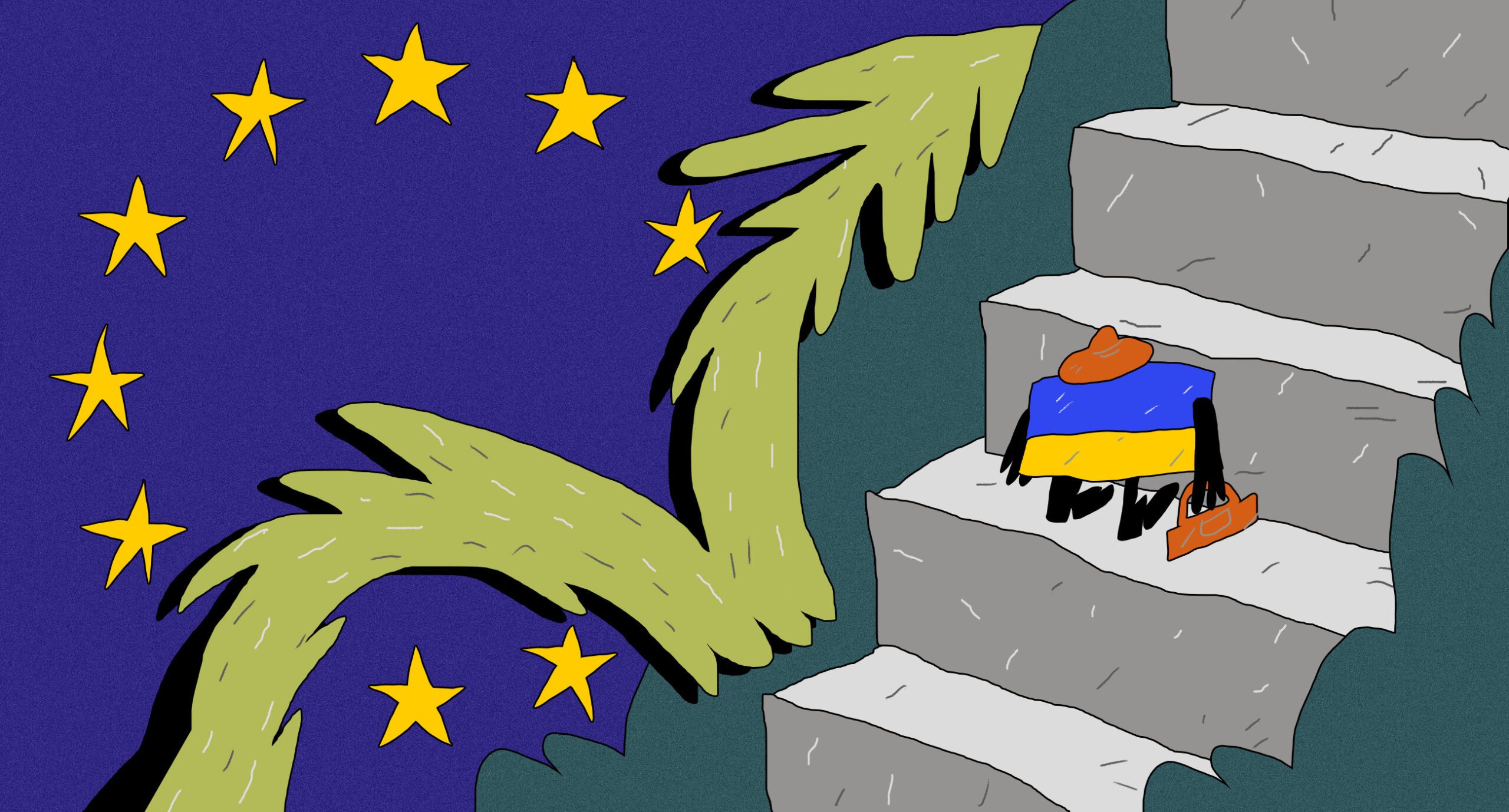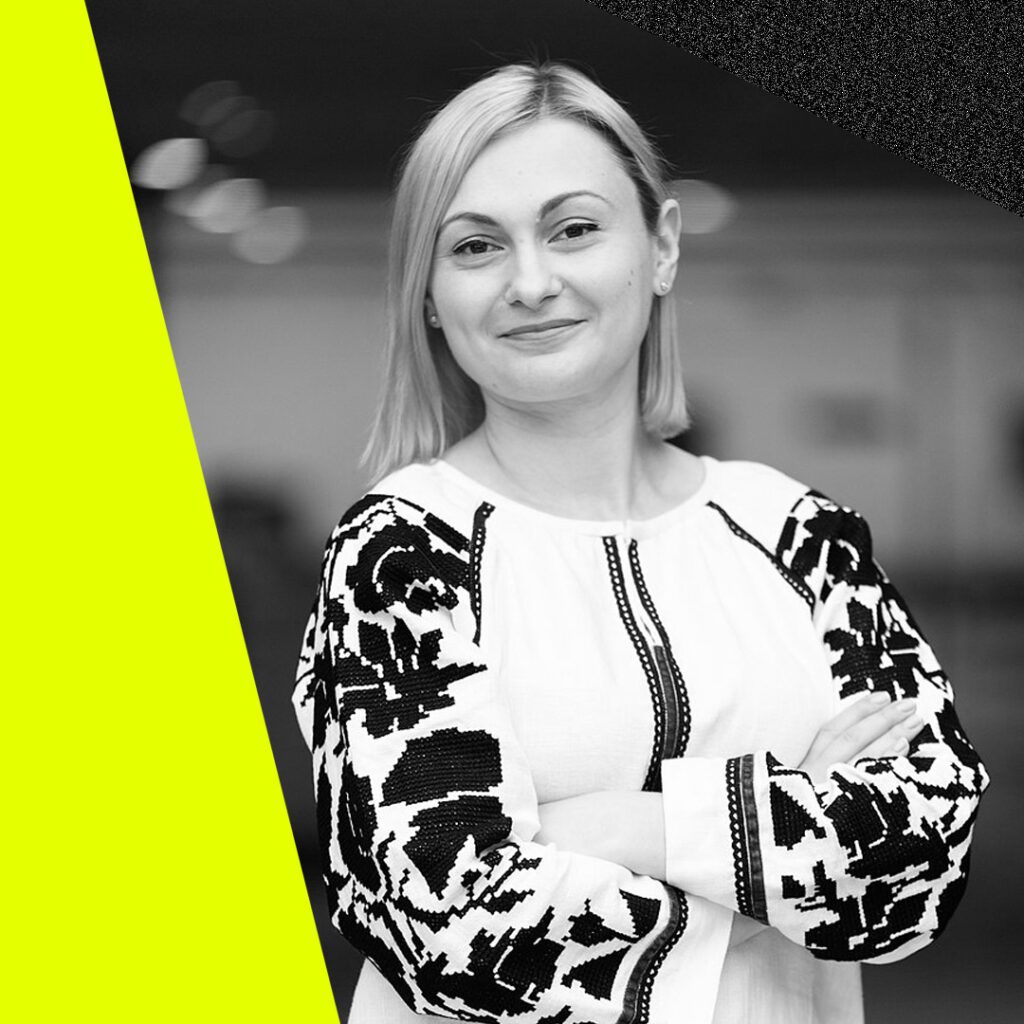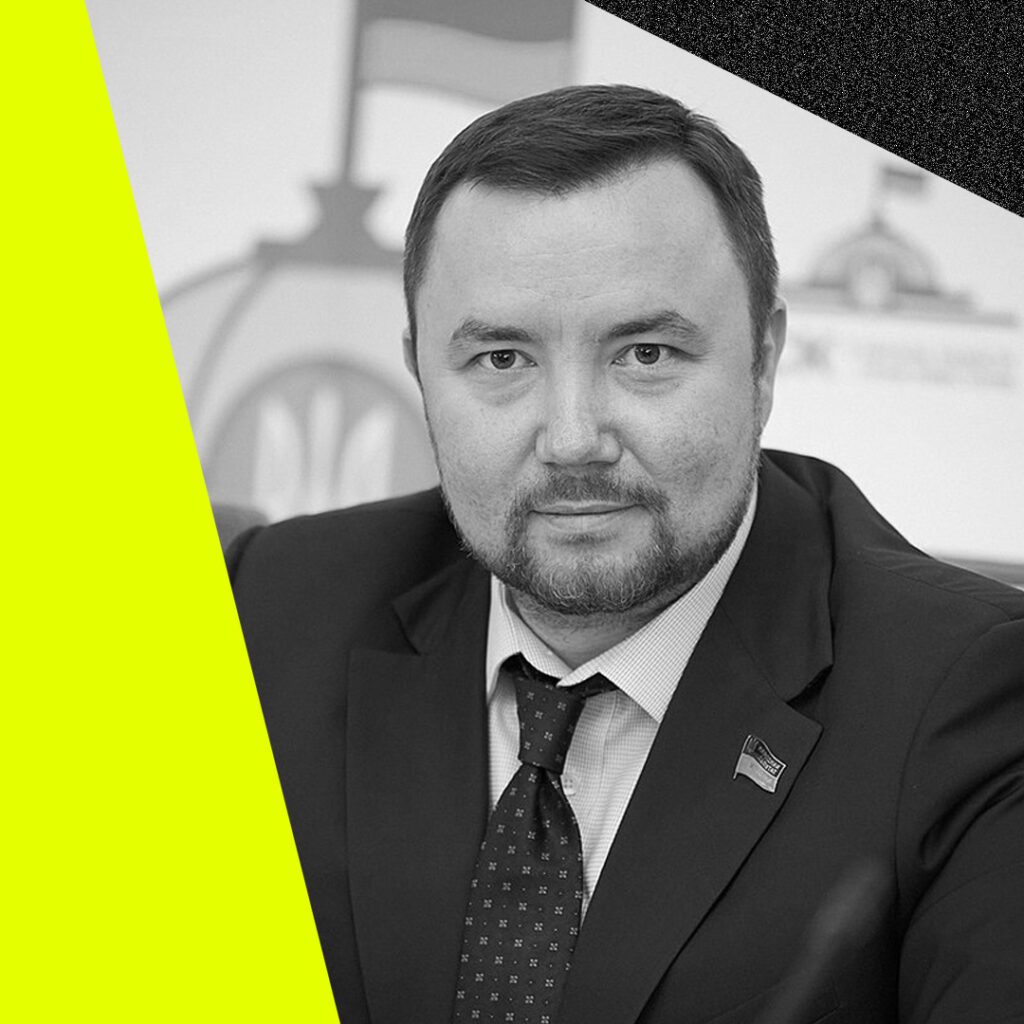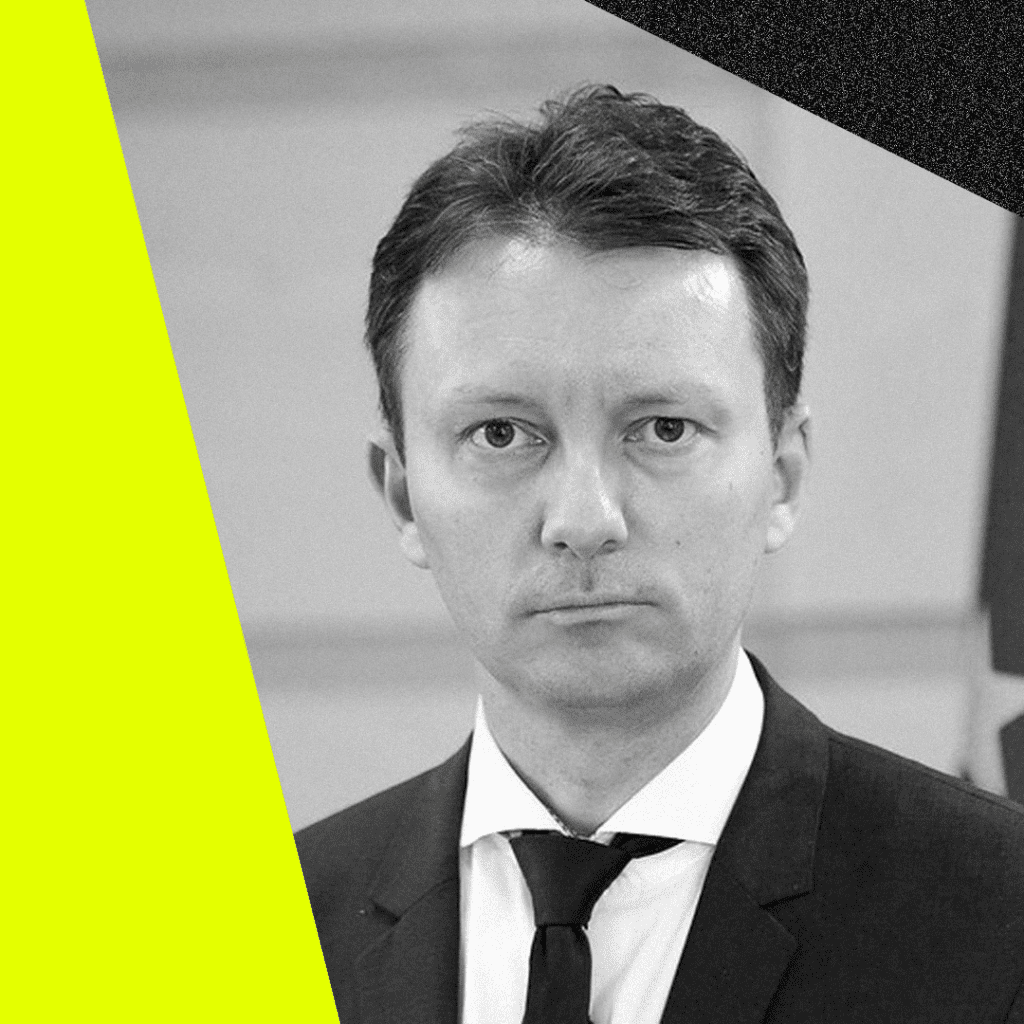A Test for Reforms. What Else Should Ukraine Do to Start EU Accession Negotiations?

European Union leaders are to adopt a resolution to officially open accession talks regarding Ukraine and Moldova at a summit in mid-December 2023. But before that, both countries have to pass a test: on November 8, the EU will give an opinion on the extent to which Kyiv has implemented the European Commission’s recommendations. This will be the basis for a really difficult decision.
The fact is that the EU fears that the larger the association becomes, the more difficult it will be to make decisions based on the principle of consensus. To do this, the rules need to be changed, in particular those related to the integration of new economies into the existing balance. For example, the grain issue, which was scandalously resolved between friendly countries, is one of such stumbling blocks.
However, Ukraine is not asking for special conditions on its way to the EU and is gradually implementing the recommendations of the European Commission. Zaborona’s editor Iryna Oliynyk found out how this process is going.
Recommendations of the European Commission to Ukraine: which ones have been fully implemented
A few weeks before the landmark summit, EC President Ursula von der Leyen came to Kyiv for the sixth time to discuss the roadmap for Ukraine’s accession to the EU and the continuation of European financial support for the country’s recovery from the war.
“The European Union is impressed with the reforms that the Ukrainian authorities have implemented amid the war on the path to EU membership. I know that you are in the process of finalizing major reforms. And if this happens, I am confident that Ukraine’s ambitious goal of moving to the next stage of the accession process will be achieved,” von der Leyen said on November 4, 2023.

“In Brussels, they are thinking and planning quite specifically and seriously how the integration of new countries, and, of course, Ukraine, will take place. Russia’s full-scale war against Ukraine has opened a window of opportunity for real integration into the EU,” Yevheniya Kravchuk, deputy head of the Servant of the People party’s parliamentary faction, emphasizes in an interview with Zaborona. “Very little time passed between the application for EU membership and the granting of official candidate status: we applied in February [2022], and in June we already received this official status. However, this does not mean that we can jump over some EU recommendations or fail to implement some European directive.”
In June 2022, Ukraine received a plan of seven recommendations that must be implemented to start negotiations on the country’s accession to the bloc and adapt Ukrainian legislation to European standards. Here are its points:
- Reform of the Constitutional Court;
- Reform of the High Council of Justice (HCJ) and the High Qualification Commission of Judges of Ukraine (HQCJ);
- anti-corruption reform;
- fight against money laundering;
- anti-oligarchic reform;
- amendments to the media legislation;
amendments to the legislation on national minorities.
According to the internal report of the European Commission, which was obtained by Radio Svoboda, Ukraine has fully met four of the seven criteria:
- implementation of legislation on the procedure for selecting judges of the Constitutional Court of Ukraine following the recommendations of the Venice Commission;
- completion of the integrity check of candidates to the High Council of Justice and establishment of the High Qualification Commission of Judges of Ukraine;
- compliance of anti-money laundering legislation with FATF standards and approval of a strategic plan for reforming the entire law enforcement sector;
- reform of the media sector — bringing Ukrainian legislation in line with the EU Audiovisual Media Services Directive.

Illustration: Kateryna Kruhlyk / Zaborona
Judicial reform in Ukraine: a step towards European integration
Reforming the judicial system and the procedure for selecting judges for the Constitutional Court were among the first requirements that Ukraine began to fulfill on its way to European integration. In particular, the procedure for competitive selection of the Constitutional Court (CC) members has been changed. The relevant law No. 9322 was adopted by the Parliament in August 2023. Currently, the selection to the judicial body is carried out by an advisory group of experts, where international experts have a decisive vote. It evaluates candidates for integrity and professionalism. Then the Verkhovna Rada votes for them.
“The procedure for selecting members of the Constitutional Court should be transparent, without any political appointments, because trust in the judicial system and its decisions is extremely important,” Kravchuk says. “[Before the reform], very often judges were appointed based on a political decision, particularly if it was based on a judicial or parliamentary quota. That is, the system was like a private members’ club.”
The openness of the competitive selection of judges is facilitated by the involvement of representatives of international organizations with which Ukraine cooperates in the field of the rule of law, judicial reform, and anti-corruption policy, says Denys Maslov, chairman of the Verkhovna Rada Committee on Legal Policy.

“This is probably the first time in Ukraine when political influence on the appointment of judges of the Constitutional Court, an extremely important body that is empowered, in particular, to declare unconstitutional laws of Ukraine, is minimized. And we have consciously done this because we want there to be no questions about this process, no political influence, and maximum trust in those candidates who will be selected and recommended for appointment as CCU judges,” said Maslov (Servant of the People party).
As part of the reforms, the High Council of Justice (HCJ), the main body in the judiciary, was also relaunched. It has not functioned since the beginning of the full-scale Russian invasion, as most of its members voluntarily resigned, unwilling to be vetted as part of the judicial reform. In January 2023, the judicial congress managed to elect eight new members and thus resume its work.
The judicial reform directly depends on the HCJ’s work, as it is the only commission responsible for appointing the entire corps of judges and prosecutors and ensuring compliance with the Constitution and laws of Ukraine. It can also dismiss judges and bring them to disciplinary responsibility.
Oligarchs, national minorities, and fight against corruption: additional points for EU accession
The three points are accompanied by additional recommendations from the European Commission for further elaboration:
- implementation of anti-oligarchic reform. Brussels insists that Ukraine should still adopt a law on lobbying in line with European standards;
- amendments to the legislation on national minorities;
- strengthening the fight against corruption. As part of the last point, the European Commission expected the appointment of a new head of the Specialized Anti-Corruption Prosecutor’s Office (SAP) and a director of the National Anti-Corruption Bureau (NABU).
As part of the fight against corruption and money laundering, the Verkhovna Rada recently passed a draft law on politically exposed persons (PEPs). According to MP Yaroslav Zhelezniak of the Voice party, this is the last step to start negotiations on Ukraine’s membership in the EU, as the legislative initiative meets the standards of international financial monitoring AML/CFT and will be counted as fulfillment of IMF requirements.
At the same time, the EU believes that Ukraine has not fully implemented the recommendations of the Venice Commission in the framework of legislation on national minorities, mentioned in the conclusions of June 2023 and October 2023. We are talking about amendments to the laws on the state language, media, and education for national minorities.
In June 2023, some provisions of the law on national minorities were criticized by the Venice Commission. The most controversial was the language aspect of children’s education. The fact is that in schools where national minorities predominate, part of each subject is taught in the state language and part in the language of the national minority. And the percentage of Ukrainian in teaching will gradually increase. The Venice Commission called for postponing the transition of the education system to the state language and extending the transition period.

Illustration: Kateryna Kruhlyk / Zaborona
Moldova and Ukraine: a joint EU decision?

The partnership between Chisinau and Kyiv is currently helping both Moldova and Ukraine, says Siegfried Mureșan, MEP, Vice-Chair of the European People’s Party (EPP) Group, Chair of the European Parliament’s delegation to the EU-Moldova Parliamentary Association Committee. In an interview with Zaborona’s partners, ZiaruldeGardă, he emphasized that Ukraine has a lot of sympathy at the European level due to its courageous struggle. Therefore, the politician believes it is very important that all the European support that is mobilized for Ukraine is also mobilized for Moldova. So now Chisinau can benefit a lot from this tandem.
“There are some advantages of Moldova over Ukraine. For example, the situation in Moldova is simpler, without military conflicts. Reforms are a little easier and faster. Nobody can say what will happen in the long run. Therefore, the Republic of Moldova may be ready to join the EU sooner, depending on the development of the military conflict in Ukraine,” Mureșan said.



